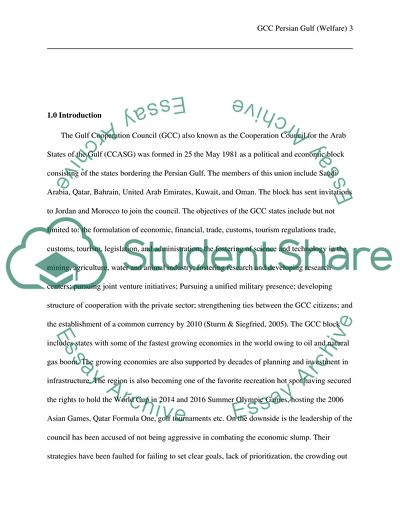Cite this document
(Well-Being of Living in the GCC Persian Gulf Case Study, n.d.)
Well-Being of Living in the GCC Persian Gulf Case Study. Retrieved from https://studentshare.org/macro-microeconomics/1767387-well-being-of-living-in-the-gcc-persian-gulf-welfare
Well-Being of Living in the GCC Persian Gulf Case Study. Retrieved from https://studentshare.org/macro-microeconomics/1767387-well-being-of-living-in-the-gcc-persian-gulf-welfare
(Well-Being of Living in the GCC Persian Gulf Case Study)
Well-Being of Living in the GCC Persian Gulf Case Study. https://studentshare.org/macro-microeconomics/1767387-well-being-of-living-in-the-gcc-persian-gulf-welfare.
Well-Being of Living in the GCC Persian Gulf Case Study. https://studentshare.org/macro-microeconomics/1767387-well-being-of-living-in-the-gcc-persian-gulf-welfare.
“Well-Being of Living in the GCC Persian Gulf Case Study”, n.d. https://studentshare.org/macro-microeconomics/1767387-well-being-of-living-in-the-gcc-persian-gulf-welfare.


